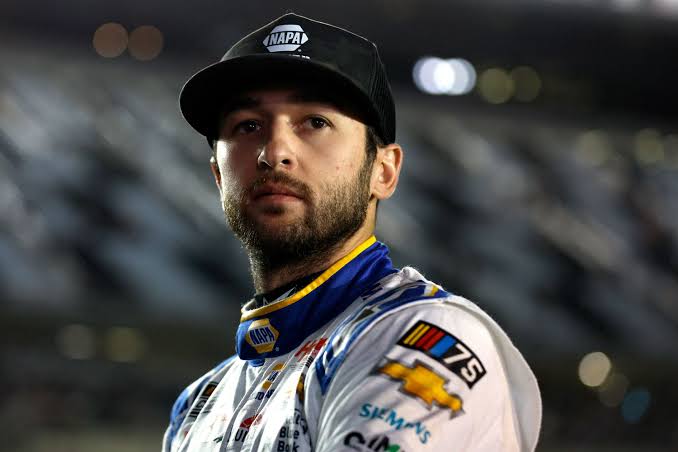Chase Elliott, one of NASCAR’s most popular drivers, recently sparked an interesting debate by advocating for fewer races in the NASCAR Cup Series. While this may seem counterintuitive for a sport that thrives on a busy schedule and fan engagement, Elliott’s perspective sheds light on the toll that a packed season can take on drivers and teams alike.
Elliott has built his career as one of NASCAR’s top performers, but even he admits that the demanding schedule might be taking a toll on drivers both mentally and physically. With NASCAR’s current schedule pushing over 36 races a season, plus additional events, Elliott believes that having fewer races could improve the overall quality of the sport. The strain on teams, from crew members to drivers, is immense, and reducing the number of races could help improve their performance.
From a competitive standpoint, Elliott argues that with fewer races, each event would carry more significance. Currently, with so many races, fans and teams can afford to overlook certain events because they know there will be multiple chances to catch up later. But if there were fewer races, every lap would mean more, heightening the intensity and excitement for both the drivers and the fans.

This suggestion also highlights the growing conversation in sports about athlete burnout and longevity. NASCAR drivers, much like athletes in other professional sports, are increasingly speaking out about the importance of rest, recovery, and a balanced schedule. Reducing the number of races could potentially extend careers and improve the quality of competition as drivers wouldn’t feel as physically and mentally drained over the course of a season.
While some fans and traditionalists may balk at the idea of fewer races, arguing that NASCAR’s long schedule is part of its charm, Elliott’s perspective introduces a valid concern about the long-term sustainability of the current format. Fewer races might lead to higher quality events, more excitement for fans, and better performances from drivers. However, it also begs the question—would NASCAR be the same without its grueling, marathon-like schedule?
It’s a bold suggestion, but Elliott’s views open up an important discussion about the future of the sport. NASCAR has always been about endurance, but in today’s world, where athlete welfare is more in the spotlight than ever before, the call for fewer races could reshape how the sport evolves.
What do you think? Would reducing the number of races make NASCAR more exciting or take away from its tradition? Let us know your thoughts in the comments and join the conversation!




